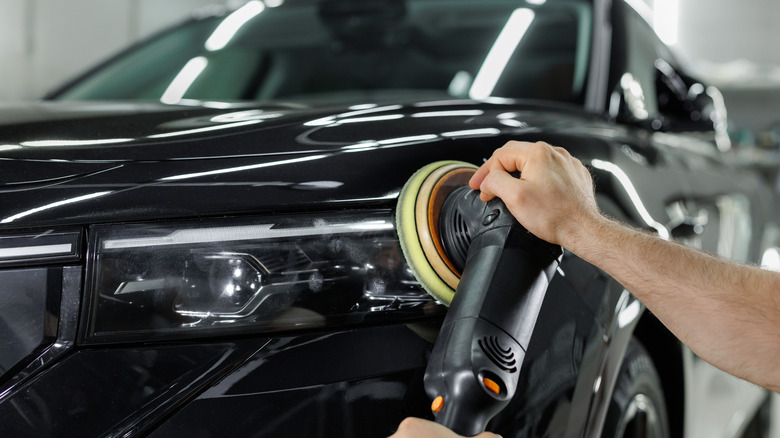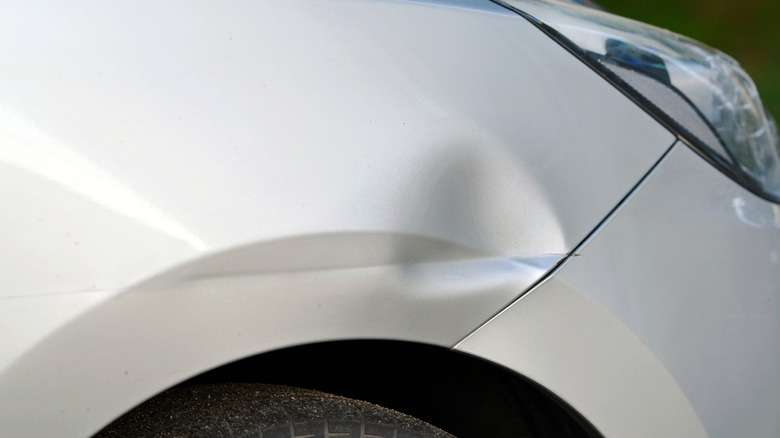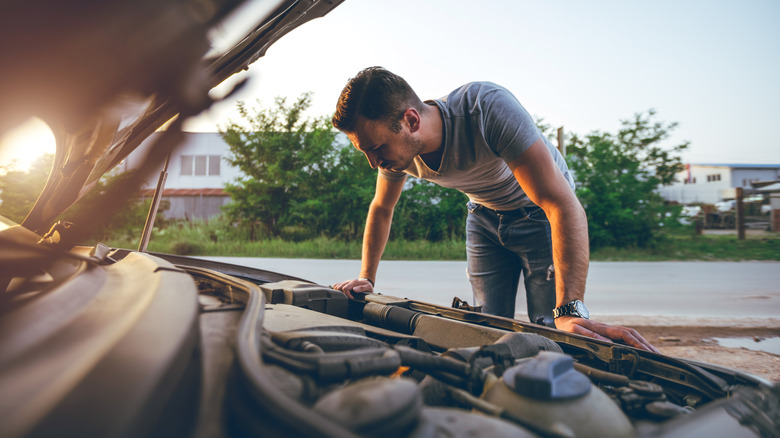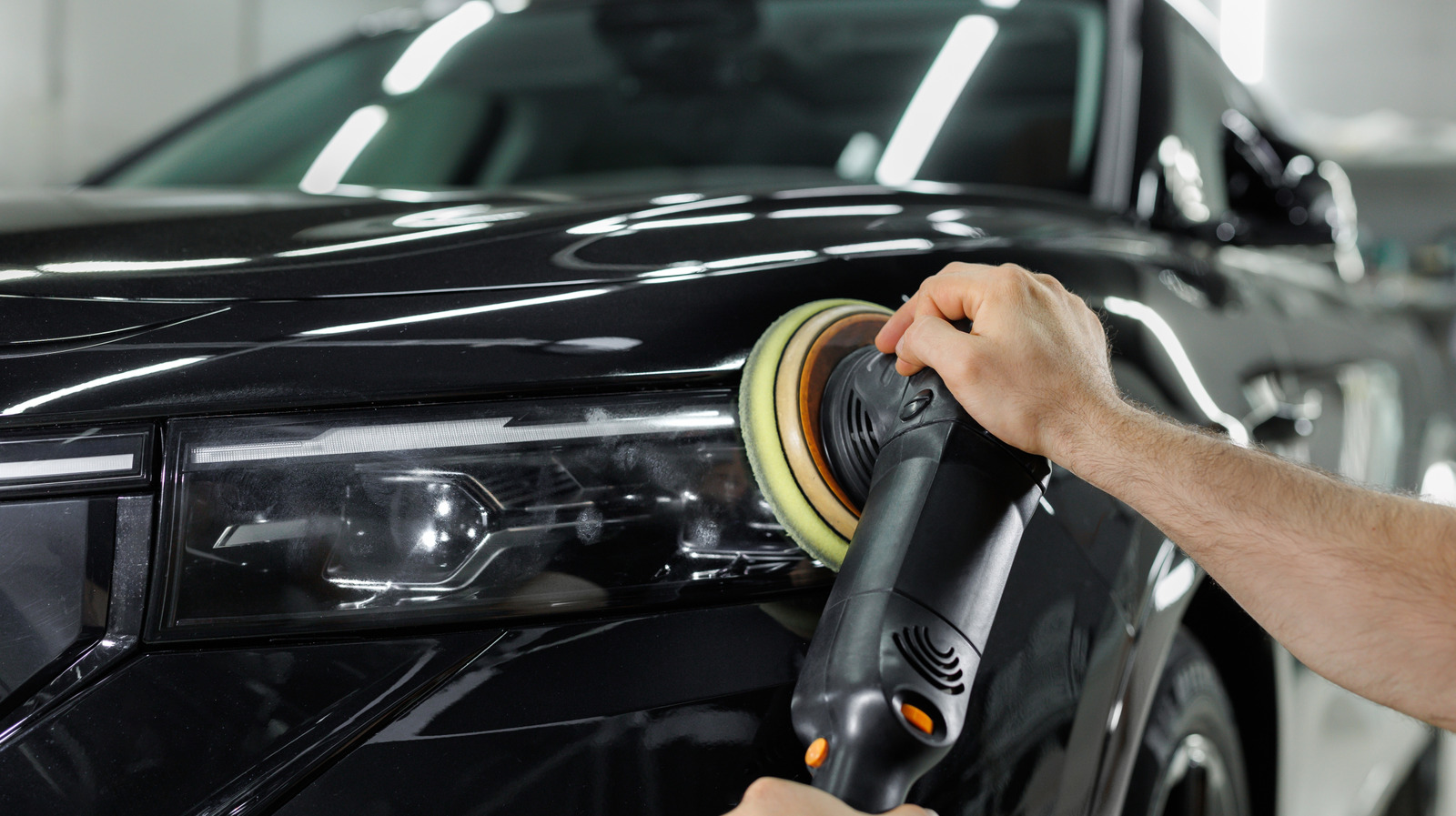 Studio Peace/Shutterstock
Studio Peace/Shutterstock
If you know how to navigate the market, buying or selling used cars can save you, or make you a lot of money. Selling to private buyers can often net you more cash when you sell your car than taking it to a dealership (even if selling to a dealer is sometimes easier). But just how much prep should you put into selling your car? After all, it's going to a new owner, so isn't putting money into a car you're selling a bit of a waste?
If there are small issues with your car, like minor paint damage, small mechanical problems, or even a few broken pieces, fixing them can make the selling process easier and more lucrative. As a third-generation gear head and an automotive writer, I've seen and been part of dozens, possibly hundreds of car transactions over the years.
I've seen what goes into a good sale, and the lack of prep that can make a sale go south too. If a buyer sees small damage on your car, they may try to negotiate the price down, leaving you at a loss. If you're trying to sell a car online, putting the best face forward could earn you some extra dollars. To clarify, this is minor damage we're talking about. Big, calamitous issues or major malfunctions are another issue entirely. Fixing those kinds of issues is a bit more of a financial burden, and might be something you want to avoid.
Give it a good clean
 Tricky_Shark/Shutterstock
Tricky_Shark/Shutterstock
Making sure your car is clean before you sell it is a simple task that could make a significant financial difference. Washing the car is the first step, and once it's clean, you can start with fixing what you see. Often, it's possible to remove scratches or small imperfections with a number of DIY solutions.
Pulling small, simple dents from body work can be done with at-home kits, and polishing or waxing your car will often help with a sale just based on the aesthetics. Buying a small color-matched paint repair is also a smart move. Filling in small scratches or paint imperfections will help the car look better overall, with the added bonus of letting the new owner know that they've got some touch-up paint ready to go, should the need arise.
Cleaning the interior involves cleaning things like your seats, floor mats, and door consoles, which can be relatively easy. A few bottles of interior cleaner, some microfiber cloth, and a bit of elbow grease might just be enough to earn you more money on the sale. Finally, in the engine bay, a bit of cleaning will also help you discover if there are any issues like oil leaks that may require expensive fixes. If you know about the leak beforehand, you can potentially change a leaky gasket, or more accurately represent the car in your private sale. If the buyer spots it first, you may be at a bargaining disadvantage.
Checking and fixing some of the mechanical issues
 Urbazon/Getty Images
Urbazon/Getty Images
After you've spent some time cleaning your car up and removing dents, look towards the mechanical bits. More than just looking the part, you should make sure your car is generally in good working order, or at the very least that you're honestly representing the car's condition (running or not) and maintenance history.
Check your tire pressure and the age of your tires to make sure they're still road-worthy. If there are missing or broken panels or plastics on the inside of your car, try to buy a replacement before you sell. A busted mirror or a cracked air vent isn't very expensive, but having a fresh new trim piece could impress a buyer enough to keep the price of your car at a fair market value.
Be open to buyers getting a pre-purchase inspection. I've sold multiple cars where the buyer wanted their mechanic to take a closer look and make sure there were no big issues. And even when the mechanics did find small pieces of wear and tear or cosmetic damage, it didn't affect the sale.
The openness and honesty of being willing to have a third party inspect your vehicle will often give the buyer more confidence. I've had mechanics find issues that were unknown to me when selling a car, but my openness about them meant the buyer didn't abandon the sale. Integrity goes a long way, especially when selling a car to a stranger.




